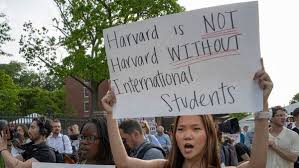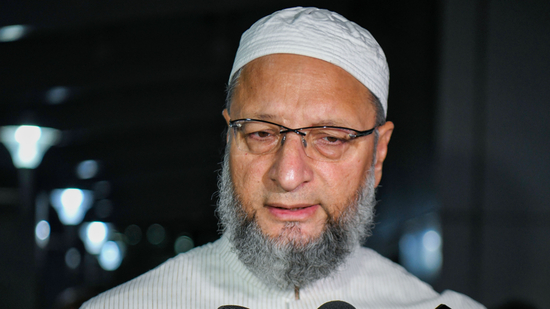The United States has taken a troubling step backward in its approach to international education with the recent decision to halt new student visa interviews indefinitely. This pause, ostensibly aimed at enhancing vetting procedures through expanded social media screening, represents more than a temporary administrative adjustment—it signals a fundamental shift in how America views its role as a global educational leader.
The State Department’s directive to U.S. embassies worldwide to suspend new appointment scheduling for student and exchange visa applicants comes at a time when the nation’s higher education sector faces unprecedented scrutiny. While existing appointments will proceed, the indefinite moratorium on new slots creates immediate uncertainty for thousands of prospective international students and the institutions that depend on their contributions.
A Policy Rooted in Political Theater
This decision cannot be divorced from the broader political context surrounding recent campus demonstrations and debates over antisemitism at American universities. The Trump administration’s targeting of elite institutions, coupled with threats to federal funding and restrictions on foreign researchers, suggests that educational policy is being weaponized for political gain rather than being guided by genuine security concerns or academic merit.
The vagueness surrounding the new social media screening protocols is particularly concerning. While the Department of Homeland Security has indicated that antisemitic content or online harassment could serve as grounds for visa denial, the lack of specific criteria raises fundamental questions about due process and freedom of expression. Who will determine what constitutes problematic content? What appeals process will exist for those denied based on their digital footprint?
Economic and Academic Consequences
The immediate beneficiaries of this policy shift are unlikely to be American students or institutions. International students, who typically pay significantly higher tuition rates than domestic students, contribute billions of dollars annually to the U.S. economy. Their presence enhances campus diversity, fosters cross-cultural understanding, and strengthens America’s soft power globally.
Universities like Harvard, which has already lost access to over $2.6 billion in federal grants under current policies, face an existential threat to their research capabilities and international standing. When federal judges feel compelled to intervene to prevent policies that would bar universities from hosting international students entirely, it becomes clear that we have crossed a line from reasonable oversight into punitive overreach.
International Reputation at Stake
China’s call for the protection of foreign students’ rights underscores how quickly America’s reputation as a welcoming destination for global talent is deteriorating. For decades, the United States has benefited immensely from its ability to attract the world’s brightest minds to its universities and research institutions. This brain drain has been a crucial competitive advantage, driving innovation and maintaining America’s position at the forefront of scientific and technological advancement.
By creating barriers to international student access, particularly through opaque and potentially discriminatory screening processes, the United States risks ceding this advantage to competitors like Canada, the United Kingdom, and Australia, all of whom have been actively courting international students with more welcoming policies.
A Question of Values
Beyond the practical implications lies a deeper question about American values. The United States has long prided itself on being a beacon of opportunity and intellectual freedom. When universities become battlegrounds for political ideology, and when students face denial of educational opportunities based on their social media activity, we must ask whether we are upholding or abandoning the principles that made American higher education the envy of the world.
The student protests mentioned in response to these policies reflect a legitimate concern about academic freedom and the long-term consequences of politicizing education. These voices deserve to be heard, not silenced through administrative decree.
The Path Forward
While national security considerations are legitimate, they must be balanced against the enormous benefits that international students bring to American society. Any enhanced vetting procedures should be transparent, consistent, and subject to appropriate oversight and appeal processes.
Congress should demand clarity on the criteria being used for social media screening and ensure that due process protections are in place. Universities, for their part, must continue to advocate for policies that preserve their ability to attract and educate students from around the world.
The current pause in student visa processing may be temporary, but its implications could be lasting. If America continues down this path of suspicion and exclusion, it will find itself increasingly isolated in an interconnected world where knowledge, innovation, and cultural exchange are the keys to prosperity and security.
The choice before us is clear: we can either reaffirm our commitment to being a global educational leader, or we can retreat into insularity and watch as other nations claim the mantle of academic excellence we have long held. The decision we make will shape not just our universities, but our nation’s future.




